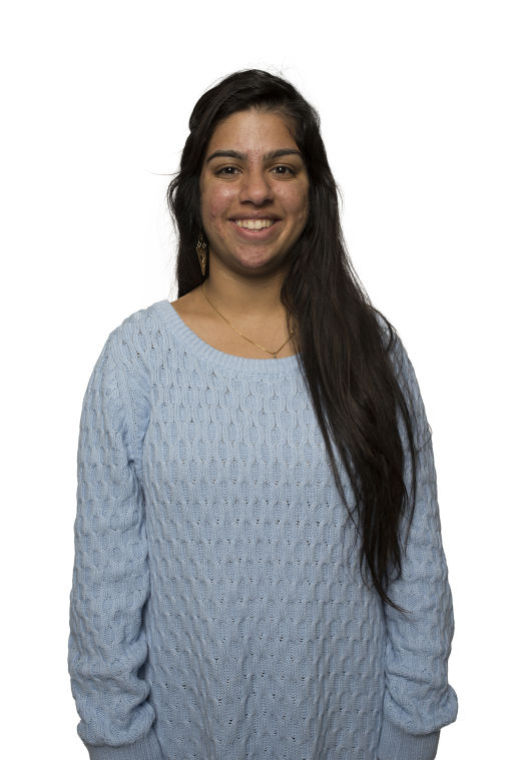Implications behind selfies
April 2, 2014
“But first, let me take a selfie.”
This popular song has reached No. 9 on the iTunes charts in the United States and No. 2 in Australia, also appearing within the top-10 charts of many other countries. It focuses on the concept of a “selfie.”
We all know it, love it or have at least gotten used to seeing selfies everywhere.
However, this dominating fad has evolved into a part of the culture of recent generations. And although the activity has been engraved into our culture, it should not be overused. Although selfies can boost morale once in a while, consecutive and multiple selfies are simply superfluous.
Selfies, which people unknowingly started taking as evolved versions of mirror pictures, have become infamous on social media sites such as Facebook and Instagram. Even “Selfie Sunday” — where people post selfies of themselves on Sunday and hashtag it “#SelfieSunday” — has become a thing.
Get The Daily Illini in your inbox!
It seems that the basic reasoning behind taking a selfie is that we think we look good, we want others to think we look good and we want attention — in other words, we take selfies for mostly narcissistic purposes. The reason we send and post selfies does not seem to do anything but attempt to boost our self esteem in some way, to either show what we look like or show who we are with, which in turn, presumably, allows us to feel better about ourselves.
However, this could lead to teenagers having to post selfies to feel good about themselves constantly, thus showing a genuine lack of self-esteem in the first place.
According to Dr. David Veal, a body dysmorphic psychiatrist, two out of every three patients of his who come in with this disorder compulsively take selfies. It therefore seems that if one is not satisfied with one’s appearance, selfies are just a pathway toward an even more negative body image. No matter what a person’s photos look like, no one can use a filter in real life.
This recent fad takes pictures to a whole new level.
While on vacation, many of my peers are focused on taking constant selfies to send on Snapchat or to post on Instagram to show to everyone how much fun they’re having, instead of actually just taking in their surroundings. They’re focused on showing themselves off in a certain geographical location. Thus, the concept of selfies promotes the behavior of showing off.
When we’re taking selfies, we want people to know we’re in a certain place doing certain things — either on vacation or hanging out with friends — when, in actuality, we miss out on real-life experiences and connections.
Our generation is focused so much on appearance that a whole song mocking an average American teenager’s obsessions with selfies was created. And it’s popular, not just because of the hard-core digital beats, but because it exposes a satirical truth about our obsession with these types of pictures.
But selfies have the potential to be used for good. The No Make-Up Selfie Awareness Campaign — where females post selfie pictures of themselves without makeup — is ultimately raising money for breast cancer via donations.
And this doesn’t just apply to women. The selfie obsession among men could also be used positively — for example, instead of posting selfies of workouts and abs, males could post selfies of themselves drinking workout smoothies and listing the ingredients.
It’s not necessarily the selfie itself that is bad, because once in a while, who doesn’t love to take a silly picture? But the negative message often behind the selfie — taking them so others think we look good, gaining self-esteem, portraying an image of ourselves for others to see — can be harmful. It comes down to a balance of meaningful selfies and pointless selfies.
The fad has its borders in which a morale booster can turn into pure vanity, and that line should not be crossed.
Simran is a freshman in Media. She can be reached at [email protected].







